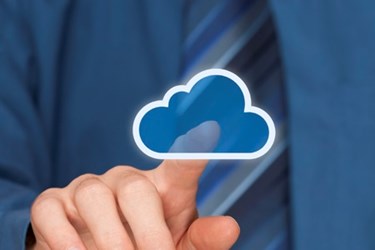How Chicago's New Cloud Tax Could Impact (All) MSPs

By Christine Kern, contributing writer

In an unprecedented move, Chicago has ruled that it will impose a local tax on cloud-based services in the metro area. Called a “cloud tax,” it imposes a 9 percent tax on streaming entertainment like Netflix or Spotify, according to NPR.
The city anticipates that the tax will bring about $12 million in revenue, helping to combat a deep deficit. The city defended its actions by saying that the ruling actually levels the playing field between brick-and-mortar businesses and those who use new technology. Legal challenges from Chicago’s high tech industry could follow.
Government Technology reports several states, including Washington, New Jersey, South Dakota, Vermont, Colorado, Idaho, Kentucky, Nebraska and Tennessee have laws in place that address the taxation of digital content in various ways, while North Dakota and Washington, D.C have specifically exempted the taxation of digital content.
Neil Bruce, Paul F. Glaser Professor of Economics at the University of Washington, explained to Government Technology that while the future of Chicago’s new tax enforcement is uncertain, the complexities surrounding digital goods make enforcement of the tax tricky. “I don’t think anybody has researched yet what the effects of such taxes would be on the businesses that would be affected,” Bruce said. “But it’s basic common sense in economics that it will cause the firms to adjust to this tax.”
The tax applies not only to paid subscriptions for streaming, but also to cloud-based services like multiple listing services used by realtors, and it could also affect cloud-service providers from infrastructure to cloud apps.
Senior analyst Liam Eagle of 451 Research told Data Center Knowledge the language of the ruling “specifically mentions Infrastructure-as-a-Service as being subject to tax,” so cloud providers would have to find a way to collect tax on services purchased by users in Chicago.
“It raises the question of whether the law applies across other forms of infrastructure hosting services and which ones,” said Eagle. “I find it unlikely that the Chicago Department of Finance has an extremely nuanced view of the various types of Internet infrastructure services. There are many examples of lawmakers trying to create legislation around, or apply existing legislation to technologies they don’t fully understand. But it’s probably safe to assume they intend it to apply across all types.”
Philbert Shih, managing director at Structure Research, told Data Center Knowledge the impact on services providers will begin with the question of what local governments will consider “residency” and who can be taxed — where the server is hosted? Where the user logs in from? Where the consumer is located? Shih comments, “It is going to make certain data center locations more desirable than others when it comes to e-commerce.”
